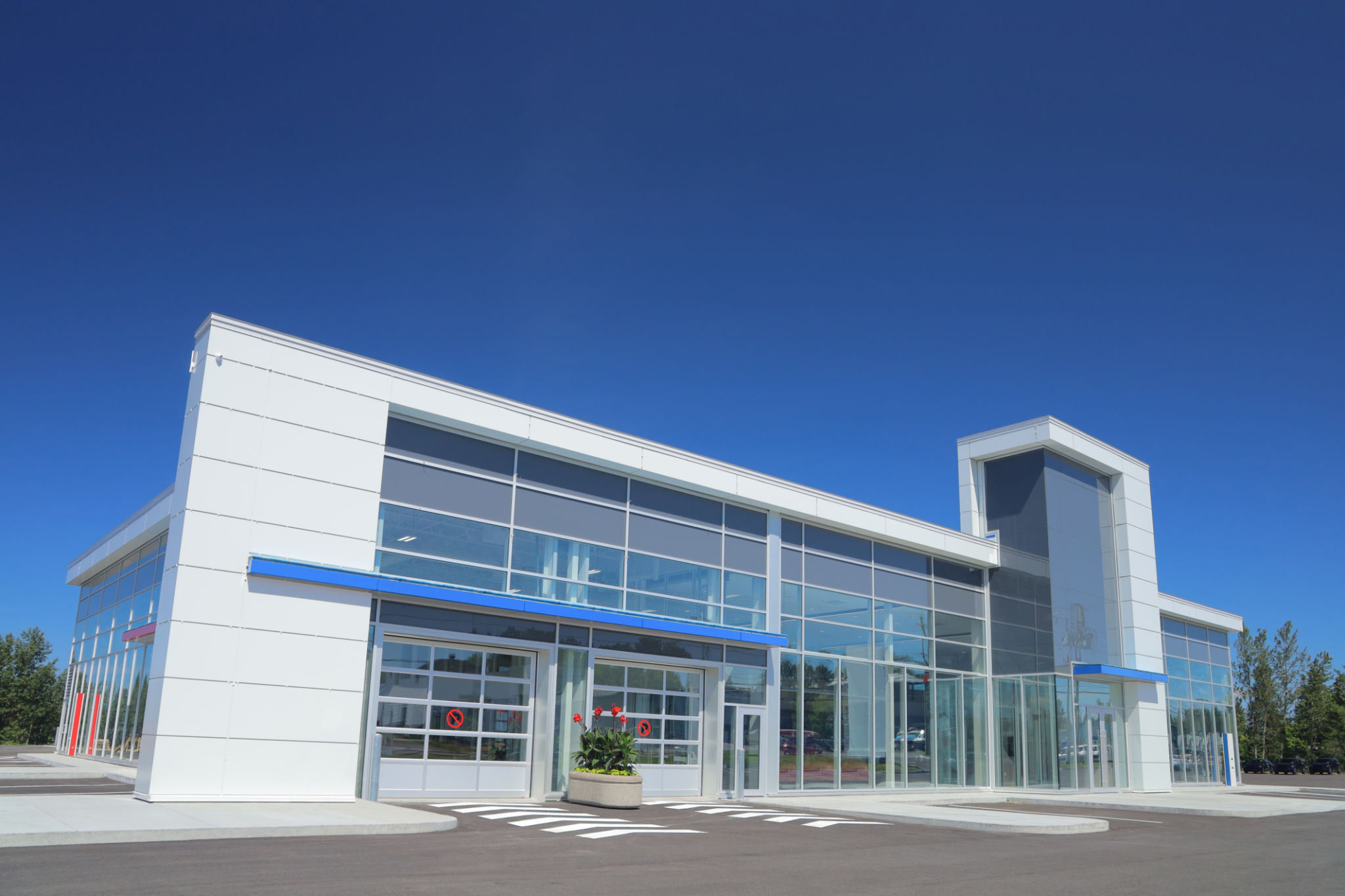Car Buying in Dallas: Avoiding Common Pitfalls and Making Informed Decisions
Understanding Your Needs
Before diving into the bustling car market of Dallas, it's essential to understand your specific needs. Are you looking for a compact car for city driving, a family-friendly SUV, or perhaps a rugged truck for tougher tasks? Identifying your primary use for the vehicle will help narrow down your choices and keep you focused as you navigate the numerous options available.

Consider factors such as fuel efficiency, seating capacity, and storage space. Additionally, think about any features that are important to you, such as advanced safety systems or tech integrations. Creating a checklist of must-haves and nice-to-haves can help streamline your decision-making process.
Setting a Realistic Budget
One of the most common pitfalls in car buying is overspending. Establishing a realistic budget beforehand can save you from financial strain. Consider not just the purchase price, but also the long-term costs such as insurance, maintenance, and fuel. It's wise to leave some wiggle room in your budget for unexpected expenses.
When financing a car, shop around for the best interest rates and loan terms. It's beneficial to get pre-approved for a loan from a bank or credit union before heading to the dealership. This can give you more negotiating power and help you stay within your budget.

Researching Dealerships
Not all dealerships are created equal. Take the time to research reputable dealerships in Dallas. Look for customer reviews online, ask friends or family for recommendations, and check if the dealerships have the specific models you're interested in. A trustworthy dealership will offer transparent pricing and provide detailed information about the vehicles they sell.
Don’t forget to inquire about any ongoing promotions or discounts. Dealerships often have special offers that can save you money. However, make sure to read the fine print to avoid any hidden fees or conditions.

Test Driving and Inspection
Never skip the test drive. It's your chance to see how the car feels and performs on the road. Pay attention to aspects like comfort, handling, and visibility. If possible, test drive more than one vehicle to compare your options effectively.
Additionally, it's crucial to inspect the vehicle thoroughly. For used cars, this means checking for signs of wear and tear both inside and out. Consider getting a professional mechanic to inspect any used vehicle you're seriously considering to ensure there are no hidden issues.
Negotiating the Best Deal
Once you've found a car that meets your needs and budget, it's time to negotiate. Remember, prices are often flexible, so don’t hesitate to make an offer below the asking price. Be prepared with research on the car's market value to back up your offer.
While negotiating, keep an eye out for additional fees that may be tacked onto the final price. Be clear about what you're willing to pay for and what you're not. A successful negotiation can lead to significant savings.
